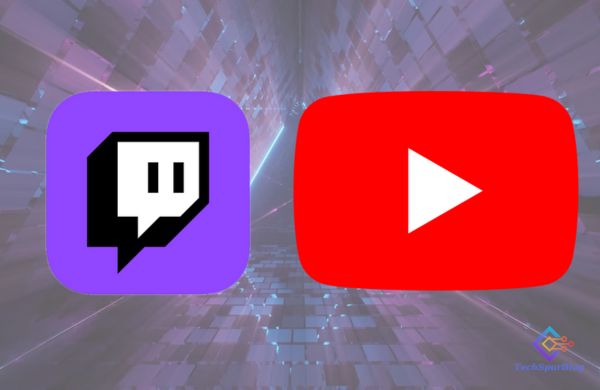
In a significant shift in the world of live streaming, popular streaming platforms Twitch and YouTube have announced that they will no longer offer exclusive contracts to well-known ‘streamers’ in exchange for hefty payments. This decision comes as both platforms seek to maximize their revenue, acknowledging that the ongoing bidding wars for content creators have become an unsustainable business practice.
Twitch, initially founded in 2011 with a primary focus on eSports, later acquired by Amazon in 2014, has evolved to encompass a wide range of content beyond just video games. The platform now caters to diverse interests, including cinema, TV shows, music, books, and even lifestyle content, such as cooking recipes and makeup tutorials.
On the other hand, YouTube is considered the pioneer in the streaming world, transitioning from a platform solely for video uploads to a hub for live broadcasts covering various types of content.
Also Read: Troubleshooting Twitch Error 3000: A Comprehensive Guide
Notably, towards the end of last year, a new player entered the streaming content scene, posing a significant challenge to Twitch and YouTube. Kick, founded by popular ‘streamer’ Tyler Faraz Niknam, better known as Trainwreck, has gained attention for its unique revenue-sharing model, offering ‘streamers’ a substantial 95% share of subscriber earnings.
Over the past few years, a fierce rivalry has emerged among these platforms as they compete to attract ‘streamers’ who can bring their dedicated fan bases to their respective platforms, thereby generating higher advertising revenues.
To achieve this, both Twitch and YouTube began offering exclusive contracts to well-known ‘streamers,’ with hefty financial incentives to create content solely on their platforms. Following this trend, Kick also joined the competition by offering million-dollar contracts to some of the most renowned ‘streamers.’
However, Twitch and YouTube have now stated that they will discontinue these mega-deals with content creators as they have deemed this approach financially unsustainable for their companies.
Twitch CEO, Dan Clacy, shared this decision during an interview with Bloomberg at the recent TwitchCon conference. He expressed his belief that the “bidding war” strategy is not a sustainable business model. It is worth noting that last year, Twitch eliminated its exclusivity clause in contracts with ‘streamers,’ allowing them to create content on multiple platforms. Nevertheless, as Clacy acknowledged, there are still ‘streamers’ with personalized agreements on the platform.
Also Read: YouTube Influencer Marketing: Partnering with Creators for Promotion
Twitch plans to significantly reduce the number of these personalized contracts and will instead offer more standardized contract terms going forward.
According to sources close to YouTube, the Google-owned platform is also following suit, reducing the financial offerings and contract durations for content creators. Previously, both Twitch and YouTube were known to offer ‘streamers’ contracts in the range of seven to eight figures.
As of now, Kick has not announced whether it will follow the footsteps of its two major rivals in making similar changes. The evolving landscape of live streaming will likely see creators reconsider their options and weigh factors other than just financial incentives in choosing their platform partnerships.

Leave a Reply